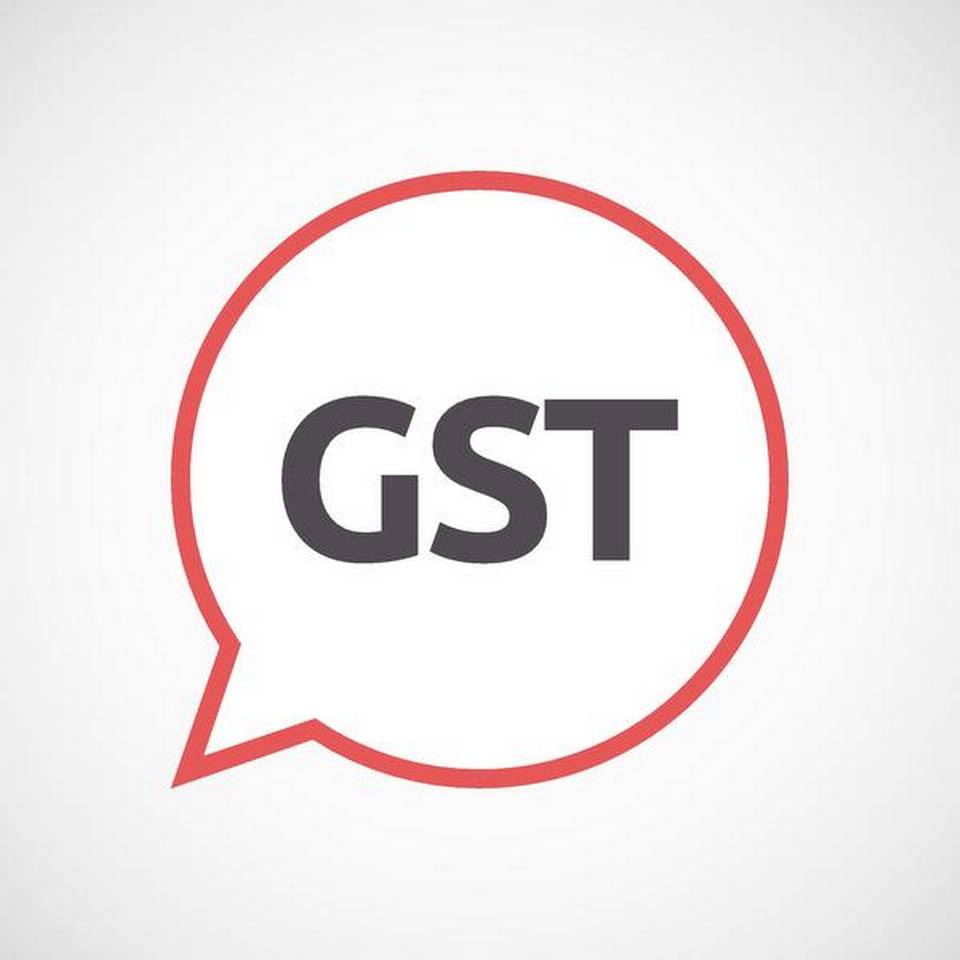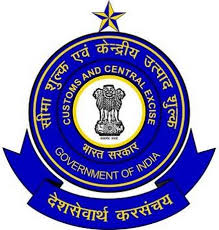The Karnataka Authority of Advance Ruling (AAR) in its recent ruling in the case of M/s. Fraunhofer – Gesellschaft Zur Forderung der angewandten Forschung e.V, Germany- Liasion Office has ruled that activities of Liaison office in India of a foreign entity, amount to supply of services and such liasion office is required to obtain GST registration and pay GST on its activities.
Facts of the Case:
- The applicant, M/s. Fraunhofer-Gesellschaft Zur Forderung der angewandten Forschung incorporated in Germany, undertakes the business of promoting applied research and hence established their liaison office (LO) in Bangalore, India, under the permission of RBI, to act as an extended arm of the head office.
- The Liaison office has undertaken only those activities that have been specfically permitted by Reserve Bank of India and had complied with the terms and conditions specified therein.
Issues on which ruling was sought:
The applicant sought advance ruling on the following issues:
(a) Whether the Activities of a liaison office amount to supply of services?
(b) Whether a liaison office is required to be registered under CGST Act, 2017?
(c) Whether liaison office is liable to pay GST?
Contention of the assessee:
- The liaison office in Bangalore undertakes only those approved works as permitted by RBI and is neither engaged / involved in any other activity of trading, commercial or industrial nature nor into any business contract in thier own name without prior permission. No commission / fees are charged or any other remuneration recieved / income earned by the office in India for the liasion activities / services rendered by it or otherwise in India.
- The activity of liasion office does not fall within Section 7(1)(a) of the CGST Act, 2017 as the same is not engaged in supply of any goods and / or services for consideration and not engaged in any business activity and it merely acts as extended arm of Head Office.
- The Head office and the liasion office are one and same and they are not distinct persons. The liasion office acts on behalf of the Head office for its customers in India.
- The liasion work done by the Indian liasion office is nothing but the Head office itself, as one cannot provide service to oneself and for supply to be established the presence of two or more parties is required.
Based on above the applicant is of view that liasion office would not fall within the scope of ‘supply’ and they are not required to be registered / pay tax.
Order of Karnataka AAR; Deliberation and Ruling:
- The definition of ‘person’ as per Section 2(84) of the CGST Act, 2017 is very wide in scope and covers every artificial juridical person . We observe that the applicant falls under the definition of ‘person’.
- Liasion activity of the applicant falls under clause (b) of Section 2(17) of the CGST Act, 2017 as it is ancillary to the activities mentioned in clause(a) of Section 2(17). Definition of business for the purpose of GST is derived from its definition in the Act and RBI injunction of business can’t decide the scope of business for the purpose of GST. In view of above, we find that the applicant is involved in the business.
- Activities performed by the applicant falls under the scope of supply under section 7 of CGST Act, 2017 read with Schedule I as it is in relation to furtherance of business. Thus activities of the applicant squarely fit to be treated as supply in terms of Section 7(1)(c) of the CGST Act, 2017, even in the absence of consideration.
- In terms of Section 2(6) of the IGST Act, 2017, as the applicant (Liasion office) and their head office are distinct persons , the activities performed by them can’t be called export of services.
- We find that the applicant (liasion office) and head office are a distinct legal entity and are aptly covered under the definition of intermediary as per Section 2(13) of the IGST Act, 2017.
- In regard to valuation Rule 28 to Rule 31 of the CGST Rules, 2017 have to be resorted for the purpose of determining tax liability.
- Supply of services by the applicant amount of inter-State supply of services in terms of Section 7(5) of the IGST Act, 2017. Further persons making any inter-State taxable supply shall be required to be registered compulsorily in terms of Section 24 of the CGST Act, 2017.
In view of above deliberations the two-member bench of Dr. M.P. Ravi Prasad and Mashood ur Rehman Faruqooi ruled that the liaison activities being undertaken by the applicant (LO) in line with the conditions specified by RBI, amount to supply under Section 7(1)(c) of the CGST Act 2017.
The AAR further held that the applicant (LO) is required to be registered under CGST Act 2017 and that applicant (LO) is liable to pay GST if the place of supply of services is India.
Concluding remarks:
The AAR has ruled that the applicant (liasion office) will be required to pay GST if the place of supply of services is in India. In this regard it may be noted that in its order, AAR has stated that the liasion office is intermediary as per Section 2(13) of the IGST Act, 2017.
Accordingly the place of supply as per Section 13 (8)(b) of the IGST Act, 2017 of the liasion activities performed by the applicant will be the location of the supplier i.e. Bangalore and accordingly such a transaction will be exigible to GST as its place of supply is in India.
However , though not deliberated upon by AAR, in our view the liasion office should be eligible for the threshold exemption limit of aggregate turnover of Rs 20 lakhs.
***
[rainbow]Don’t miss the next GST Update / Article / Judicial pronouncement[/rainbow]
Subscribe to our newsletter from FREE to stay updated on GST Law
Resolve your GST queries from national level experts on GST free of cost.
Frah Saeed is a law graduate specializing in the core field of indirect taxes and is the Co-founder of taxwallah.com. She has authored many publications on GST and is into full-time consultancy on GST to big corporates. She as a part of taxwallah.com heads a team comprising of Chartered Accountants and Advocates and plays a key role in our mission to disseminate GST knowledge to all.




